According to a December 9th report from the Daily Mail, as artificial intelligence becomes increasingly sophisticated, numerous job positions may be replaced by AI in the coming years. However, AI experts have revealed the currently safest key industries that remain immune to automation technology.
Nick Lothian, the Product Manager at Verida, and Tom Finnigan, Co-founder of Friyay, disclosed 8 jobs that are least likely to be replaced by AI.
While repetitive and predictable tasks have already been replaced by AI technology, roles that rely on “soft skills” and face-to-face interaction are proving to be more resilient.
A survey in 2023 found that one-third of small businesses had already replaced some workforce with AI, while another 56% of businesses were unsure how AI would impact them.
Another study revealed that 7% of employees were already using AI technology in the workplace, unbeknownst to their employers.
Experts suggest that jobs requiring interpersonal skills and adaptability are difficult for AI to replace. However, positions dependent on data input may quickly become obsolete.
Jobs that involve learning skills to obtain specific input from clients are likely to resist the AI “tsunami,” reshaping the workplace within the next 10 years.
Finnigan noted that the higher the level of education workers have regarding new technologies, the more prepared they are to adapt and manage these technologies.
“Most people are at risk of being replaced by AI because they don’t know what’s going to happen. So does that mean AI’s impact on business will be like a tsunami? Yes.”
Plumbers and Carpenters
Lothian stated that jobs like those of tradies (tradesmen) are safe for the next few years because they involve practical work.
“I don’t think plumbers will be replaced by artificial intelligence anytime soon, and jobs like carpenters or any job where you’re actually talking to customers.”
“For a long time, this will be a difficult thing to automate, especially if you’re using tools yourself.”

For instance, plumbers rely on extensive communication with clients and are required to precisely know how to solve problems ranging from complex to minor.
Both experts unanimously agree that human intelligence and creativity will be one of the most challenging aspects for AI to understand.
Photographers, Videographers, and Content Editors
Finnigan, with 26 years of experience in the broadcast television industry, transitioned to marketing and branding, co-founding his own AI company. He also practices photography and observes that automated programs are far from replicating what he can produce.

“As a cinematographer, all these years, I haven’t found anything that helps me edit videos. Nothing at all.”
“I don’t like its impact on photography, but that might just be my personal choice.”
“But ultimately, I still can’t escape having to put in a lot of creative time thinking about how to create ads; AI can’t solve these problems yet.”
Lawyers
Finnigan believes that AI is like having “4 to 5 staff members” for every program, and the drawback is that the technology is limited to concise instructions and input provided by users.
For law firms, a significant number of interns and lawyers will handle document work, with AI already significantly reducing the workload while still requiring human improvements.
Finnigan said, “Most businesses believe such tools can reduce staff numbers, lower costs. However, the real advantage is for those who choose to find people with this ability and build on it.”
“Suddenly, your interns become more valuable because humans can do things that AI can’t in terms of logic or other aspects.”
Lothian agrees with this assessment, adding that it’s too early to discuss how tech-savvy the “eagles” of the legal field will incorporate this technology into their profession.

“Lawyers always need to talk to clients on-site, but they traditionally also have to read a lot of information and then generate shorter summaries. This type of work is easily automated.”
“So, I’m not sure what will happen in the long run, like whether it means a reduction in the number of lawyers or whether it means they will engage in different types of tasks, but things are certainly going to change soon.”
“So, there’s some risk to employment, but this could actually mean the industry can develop because the cost of these more advanced tasks is lower and more easily accessible to more industries.”
“Currently, the cost of hiring a senior lawyer is very high, but if they can simultaneously serve more clients, perhaps it will become cheaper.”
Consultants
Just as lawyers can “build” businesses through AI, consultants can also enjoy newfound efficiency in their work.
Lothian has already considered that some parts of consultant work are redundant, including creating spreadsheets and calculating numbers.
However, their soft skills are hard to replicate, as they have to interact with people face-to-face when presenting work.

“When they try to understand clients’ issues and directly propose solutions, people want to deal with people, especially when they are paying high fees for it.”
“So, these types of skills are still valuable, and increasingly valuable…”
Massage Therapists
The physical touch of a massage therapist is unlikely to be replicated by a machine, and professionals still need to meet specific requirements for each massage session.
However, AI can complement the process in terms of handling bookings rather than replacing therapists.
Finnigan said, “A massage company asked me what I could do for them. I said, well, we can look at your client records, and then when we find that the booking volume in a certain area is low, AI can identify these people and send them a personalized letter based on their booking history to see if they need similar services.”

“This doesn’t require hiring an additional person, just an investment of $50,000, and this massage parlor’s calendar is already fully booked for this year.”
Content and Commentary Writers (Authors/Journalists)
As AI becomes smarter and faster, writers and creators are often the most anxious about the lifespan of their careers. However, Finnigan insists that computers will never replace human creativity.
“In a room, 10 great minds come up with amazing creative solutions, but 10 AI engineers can’t do that at all.”
“I often see Stephen Fry talking about how AI will kill creativity. What they’re saying is that they used to have 10 writers or 20 scriptwriters in the past, and now that economic situation no longer exists.”
“Creativity always gets the final recognition, so what you end up with is human creativity assisted by AI drafting. Basically, everyone has a superpower.”
For reporters covering facts, Finnigan emphasizes the idea of using technology to increase output.

By providing AI with relevant information and structure for a news report, journalists can receive a draft within minutes instead of spending hours researching it themselves.
“Imagine if you spent those 4 hours on writing and editing, the quality of the article would greatly improve. If you only want to spend an hour editing, then in the same amount of time, your output would increase fourfold.”


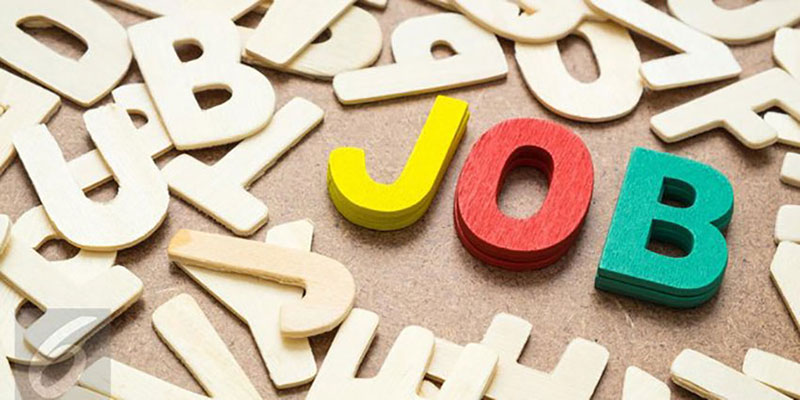





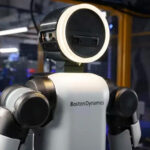
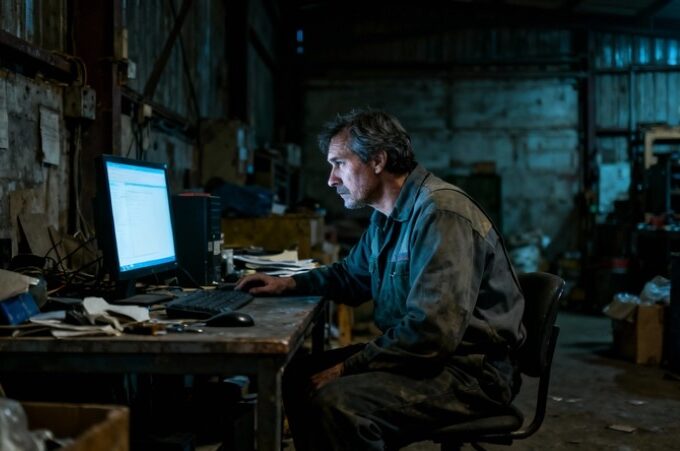
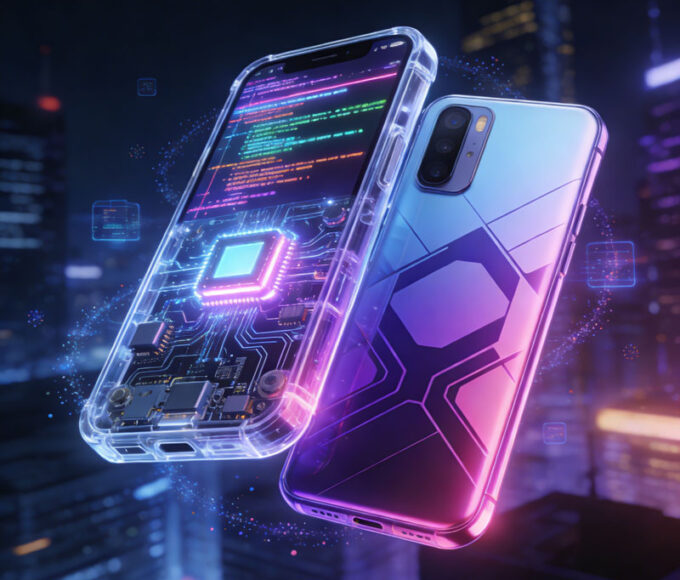
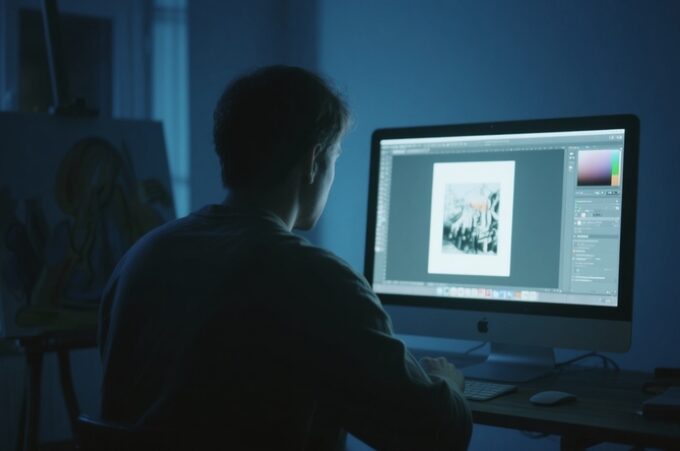
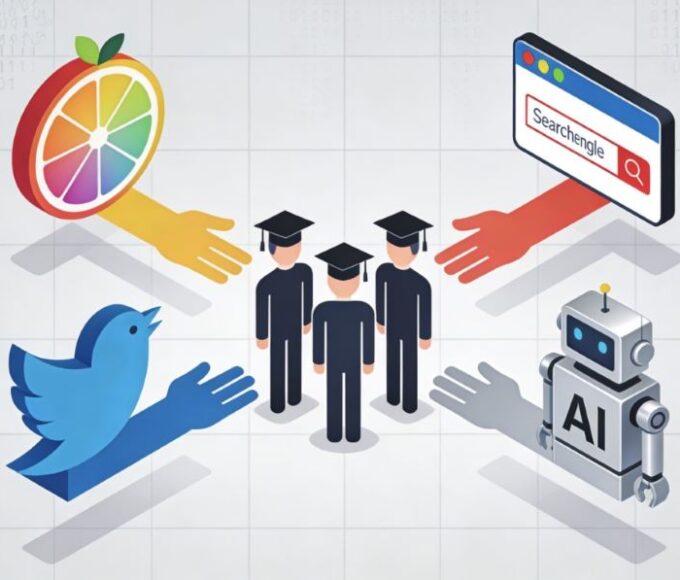
Leave a comment